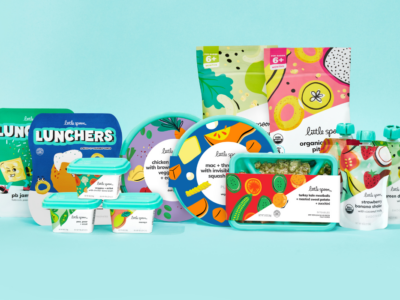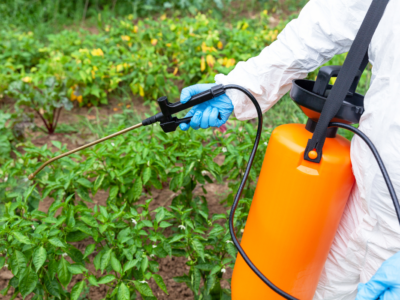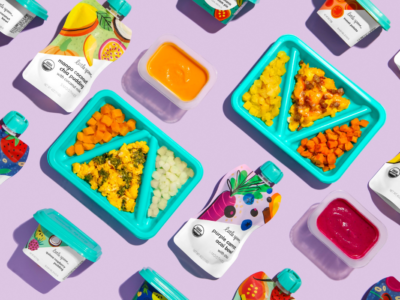Noticing the increased headlines around heavy metals in baby food over the last couple of years? You’re not alone. A number of studies over the last 5 years have revealed dangerously high levels of heavy metals found in shelf-stabilized baby food.
And now, a new 2022 Happy Babies, Bright Futures study has uncovered from testing that even homemade baby food is not immune to heavy metals and in some cases actually has higher levels compared to some packaged baby food.
So what can parents do to keep their little one’s safe and protect them from overexposure to heavy metals? The good news is—a lot. And companies like Little Spoon help make it easy.
Here are our top 5 tips:
1. Provide a varied diet.
Variety exposes your little one’s palate, offers a range of nutritional benefits and helps avoid reliance on one ingredient for nutrition that could be naturally higher in heavy metals. Root vegetables that are grown in soil tend to have higher levels of heavy metals, so it’s important to rotate additional options.
Little Spoon’s diverse menu of over 40 flavors includes over 100+ organic ingredients for an endless variety of mealtime combinations. Little Spoon includes ingredients like bell peppers, strawberries, kale, broccoli, chia, spirulina, spinach, blueberries, and pineapple, all of which can help block absorption of heavy metals.
2. Skip the rice.
Rice is an ingredient known to have higher levels of organic and inorganic arsenic—and is often found in many early stage starting solids foods. Skip the rice and instead opt for organic grains and seeds like chia, oats or buckwheat. Little Spoon offers a range of Babyblends featuring these nutritious, healthy ingredients.
3. Check your sources.
Heavy metals are naturally occurring in our soils, our water and even the air. And the natural levels have only been exacerbated by human pollution. Because of this it’s important to know that your food is grown with the best agricultural practices.
Little Spoon’s Babyblends are USDA certified organic, and that matters. Why? Using Certified Organic produce means that no sewage sludge or biosolids make their way into the soil. Cover crops at organic farms are also utilized to protect the soil from wind and water erosion and crop rotation is employed to build organic matter, mitigate the use of persistent pesticides, fix nitrogen levels and prevent soil erosion.
Healthy nutritious soil = healthy nutritious food. It’s why Clean Label Project has certified so many of the Babyblends menu and continues to certify them each year.
4. Incorporate calcium and iron rich ingredients.
Calcium and iron-rich ingredients help reduce the body’s absorption of heavy metals— making them valuable for anyone’s diet, but especially your little one’s! Little Spoon incorporates ingredients like flaxseed, kale, spinach and broccoli into a wide range of their Babyblends to make it easy to add these nutritious eats into your mini’s menu.
5. Keep being the best parent you can be.
You’re reading this article and researching this topic because you care! Your child’s health and safety should be a given and it’s critically important that you use your voice to support any and all regulation in the baby food space that puts the power back in the hands of parents + caretakers who deserve trust and confidence in what they feed their children.
Little Spoon is committed to earning and keeping your trust and their hyper transparent approach and their unwavering quality standards. Want to check them out?



